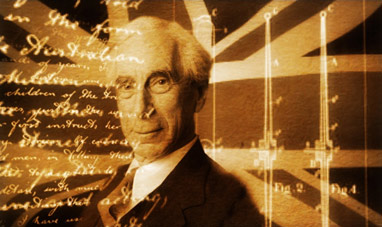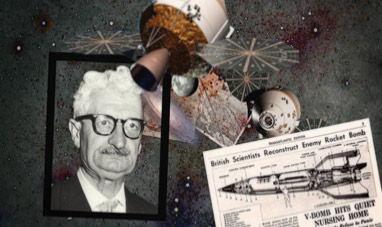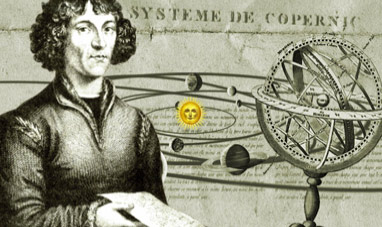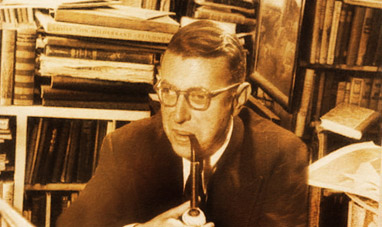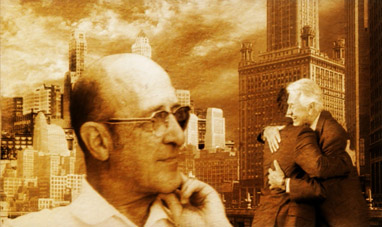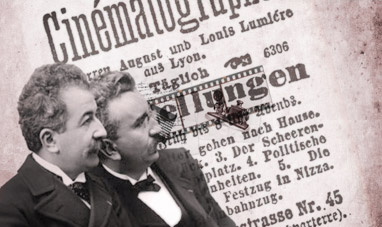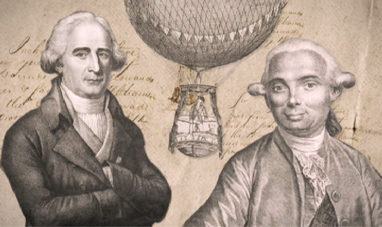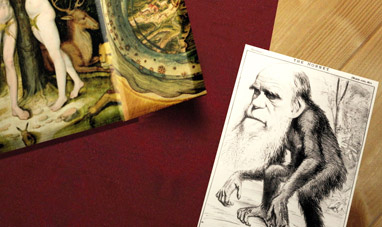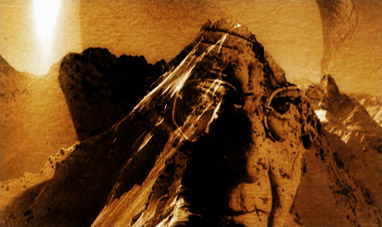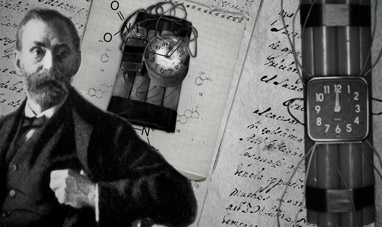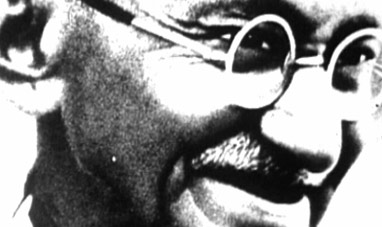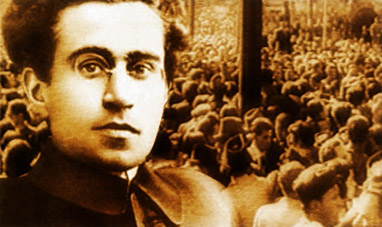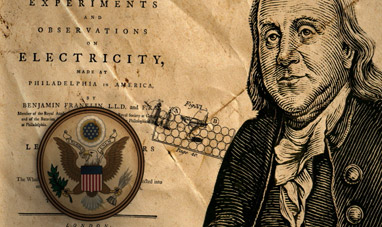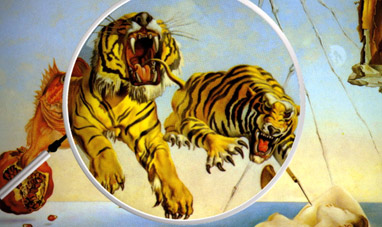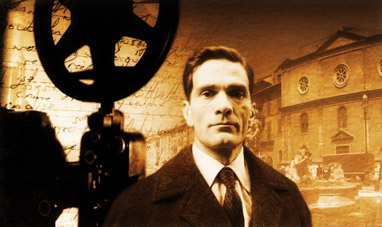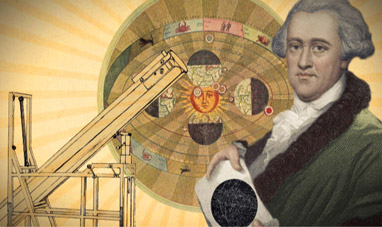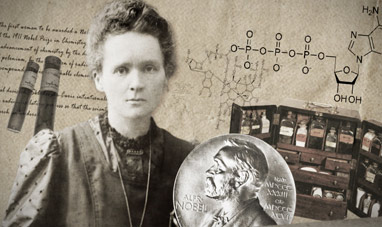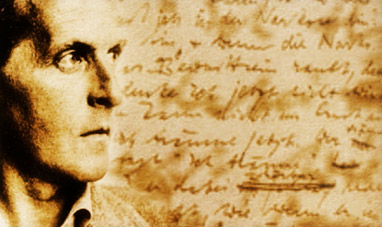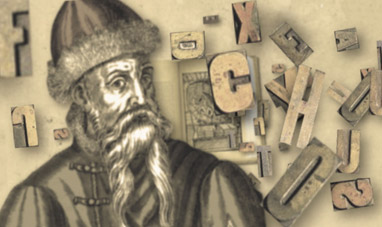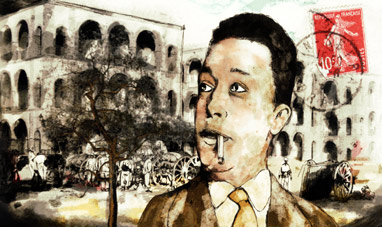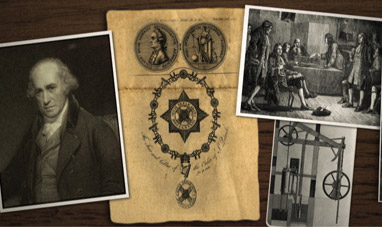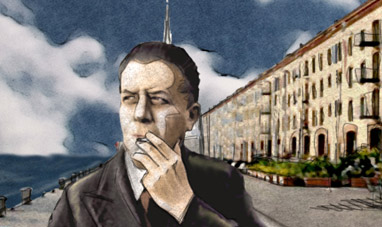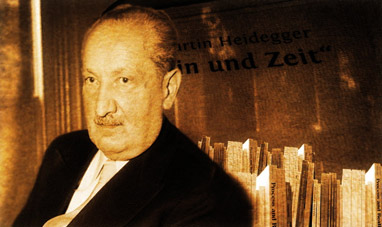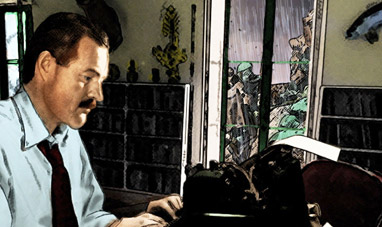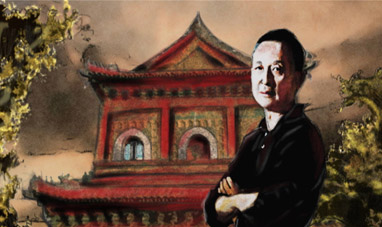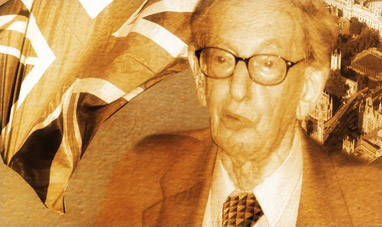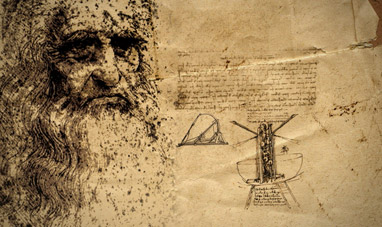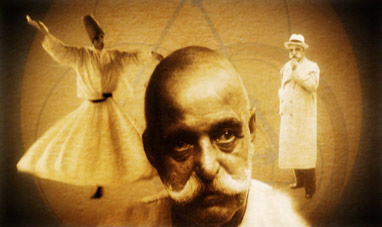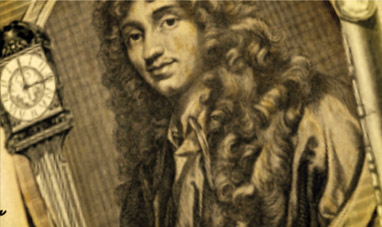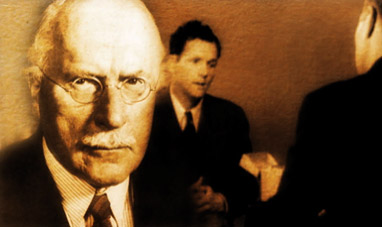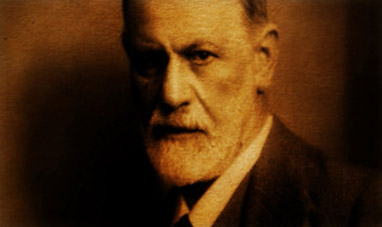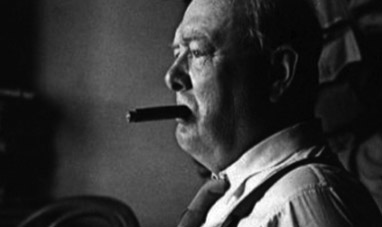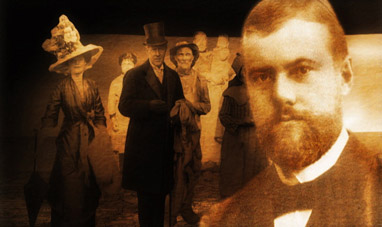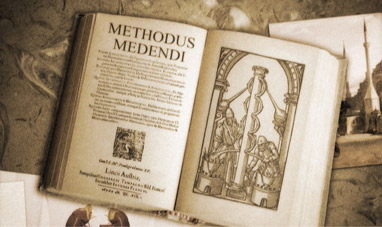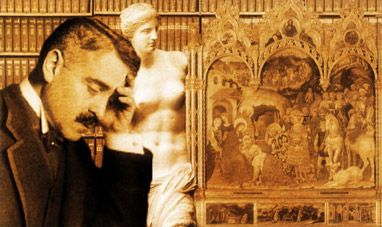Henri Bergson was a French philosopher and one of the most influential thinkers of the 20th Century. Bergson was born in Paris on October 18, 1859. He obtained a degree in philosophy and mathematics from the Ècole Normale in Paris. He began studying science, but was soon captivated by the idea that science couldn’t provide all the answers he was interested in. Bergson realized that the scope of science is limited to quantifiable knowledge. It occurred to Bergson that there are many experiences that cannot be quantified, such as thoughts, perceptions, conscience, creativity, freedom, and life. These are qualitative, rather than quantitative concepts. One way to think of this is by considering time. Scientifically, time is a series of instances, each no different from the other. But daily experience proves otherwise: sometimes, time seems to pass quickly. At other times it drags. Each moment seems distinct from the other.
To understand the qualitative side of life, Bergson proposed that people use intuition rather than science. He understood intuition as the harmony between man and objects, which we perceive through their essence. Intuition, then, is an understanding of life through experience and not solely through intellectual efforts. In his most famous work, Creative Evolution [1907], Bergson extended this analysis to the whole universe. He proposed that consciousness begins with a supreme élan vital, or vital impetus [élan vital = vital impetus]. The fragmentation of this original impulse brought forth different forms of life. At the time, Charles Darwin’s evolutionary theories were beginning to catch on. Darwin asserted that evolution is brought about by natural selection, a process through which life forms adapt to their environment, survive and flourish. Bergson didn’t agree. For him, life did not follow an ordered, rational path. It was an explosive power based on a blind and irrational impetus which science alone could not explain.
It was difficult for Bergson’s theories to gain acceptance in the positivism-dominated academic world of the time. In 1899 he obtained a professorship at the “Collège de France”. In later years his ideas gained more acceptance and he was in high demand as a lecturer worldwide. The importance he put on the creative act drew the attention of many artists. Marcel Proust, whose cousin Louise Neuberger Bergson had married, voiced a particular appreciation for Bergson. Bergson himself considered literature the ideal instrument to investigate the world of the spirit. In 1927, he was awarded the Nobel Prize for Literature. Henri Bergson died in Paris on January 4, 1941. He was 81. His studies of the inner world had influenced Freudian and Jungian psychoanalysis, and his criticism of science was continued through Husserl’s phenomenology.
To understand the qualitative side of life, Bergson proposed that people use intuition rather than science. He understood intuition as the harmony between man and objects, which we perceive through their essence. Intuition, then, is an understanding of life through experience and not solely through intellectual efforts. In his most famous work, Creative Evolution [1907], Bergson extended this analysis to the whole universe. He proposed that consciousness begins with a supreme élan vital, or vital impetus [élan vital = vital impetus]. The fragmentation of this original impulse brought forth different forms of life. At the time, Charles Darwin’s evolutionary theories were beginning to catch on. Darwin asserted that evolution is brought about by natural selection, a process through which life forms adapt to their environment, survive and flourish. Bergson didn’t agree. For him, life did not follow an ordered, rational path. It was an explosive power based on a blind and irrational impetus which science alone could not explain.
It was difficult for Bergson’s theories to gain acceptance in the positivism-dominated academic world of the time. In 1899 he obtained a professorship at the “Collège de France”. In later years his ideas gained more acceptance and he was in high demand as a lecturer worldwide. The importance he put on the creative act drew the attention of many artists. Marcel Proust, whose cousin Louise Neuberger Bergson had married, voiced a particular appreciation for Bergson. Bergson himself considered literature the ideal instrument to investigate the world of the spirit. In 1927, he was awarded the Nobel Prize for Literature. Henri Bergson died in Paris on January 4, 1941. He was 81. His studies of the inner world had influenced Freudian and Jungian psychoanalysis, and his criticism of science was continued through Husserl’s phenomenology.

